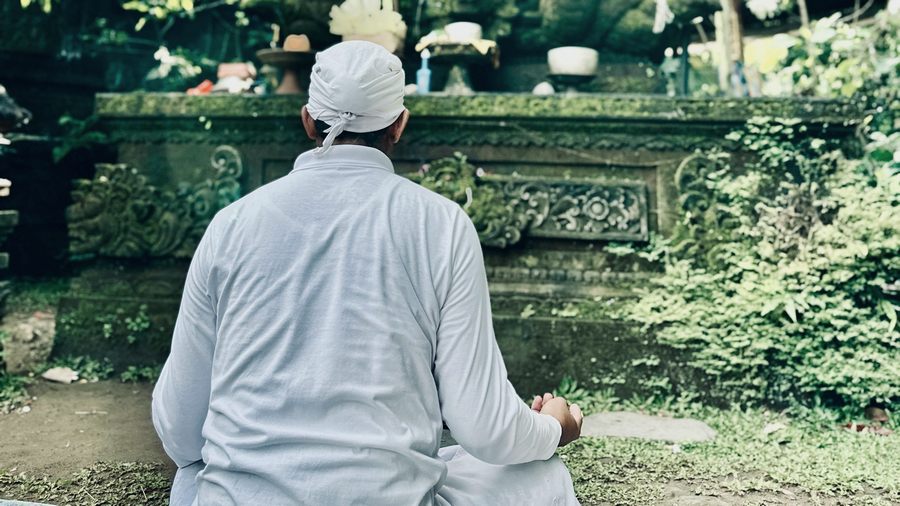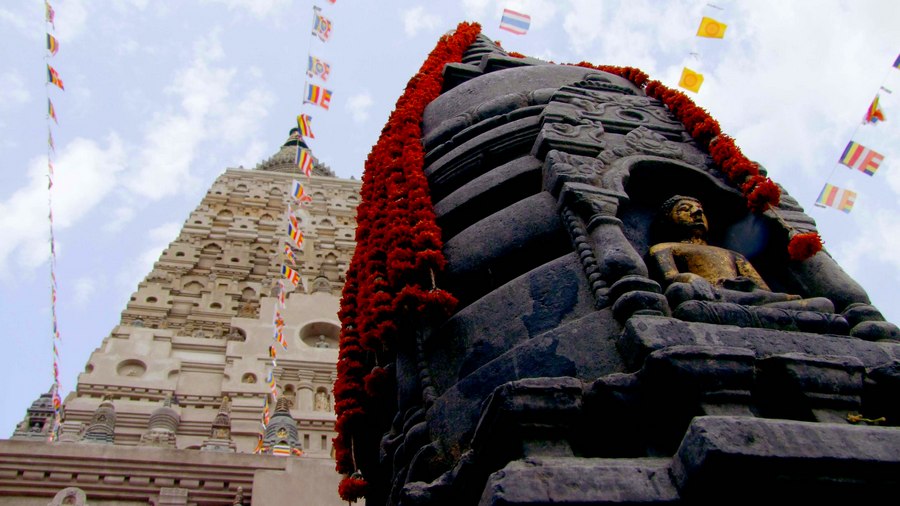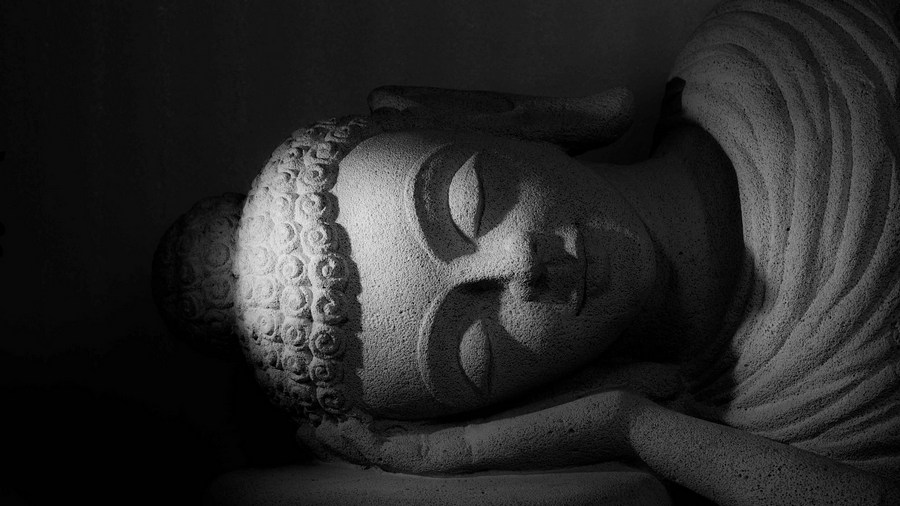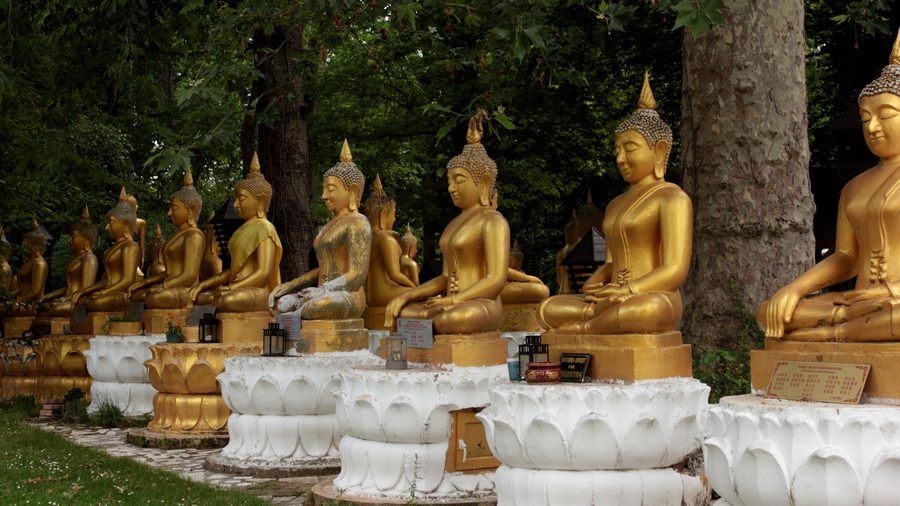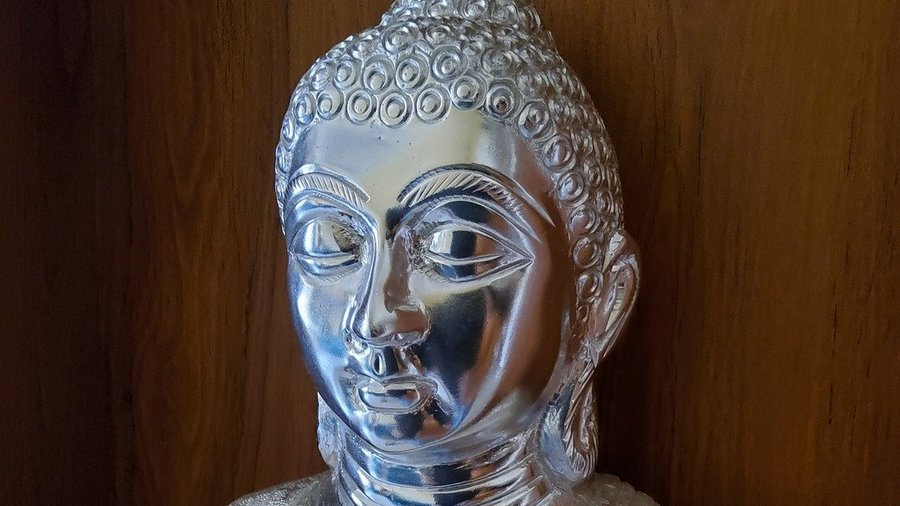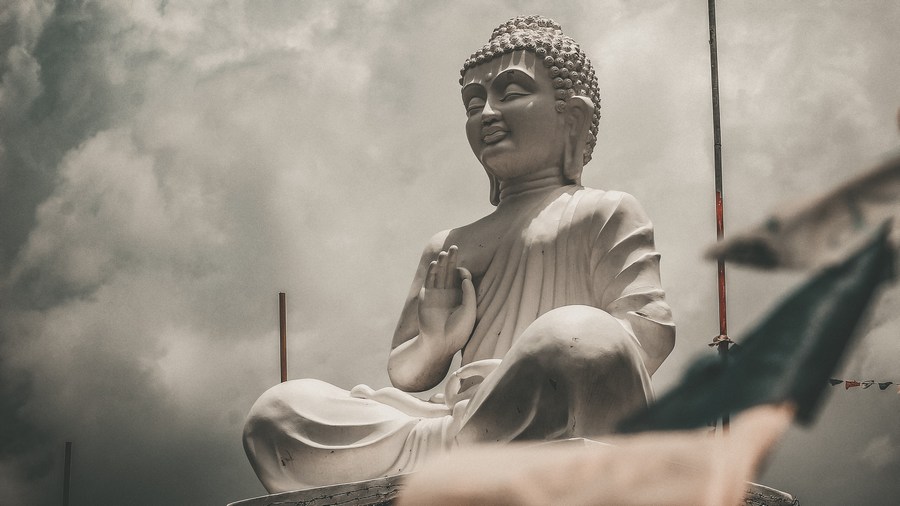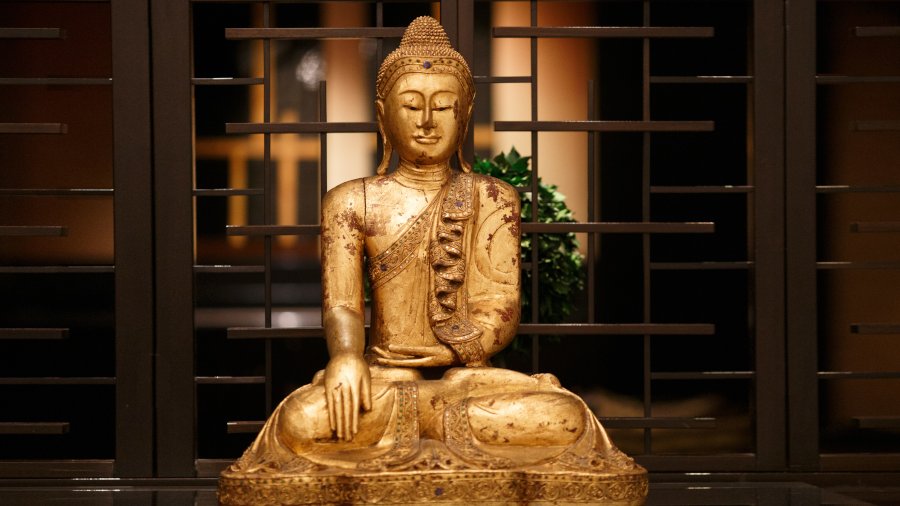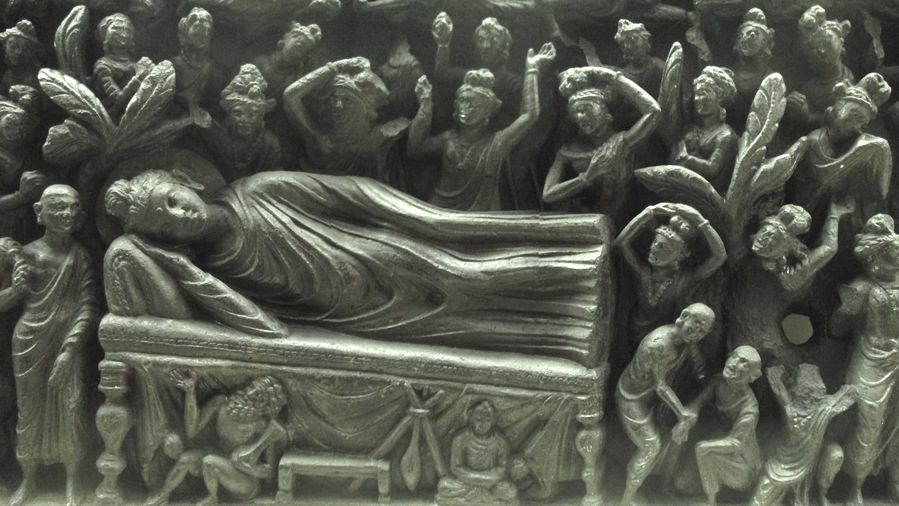…Now at that time a wanderer named Subhadda was residing near Kusinārā. He heard that on that very day, in the last watch of the night, the ascetic Gotama would become fully extinguished. He thought: “I have heard that brahmins of the past who were elderly and senior, the teachers of teachers, said: ‘Only rarely do Realized Ones arise in the world, perfected ones, fully awakened Buddhas.’ And this very day, in the last watch of the night, the ascetic Gotama will become fully extinguished. This state of uncertainty has come up in me. I am quite confident that the Buddha is capable of teaching me so that I can give up this state of uncertainty.”
Then Subhadda went to the Mallian sal grove at Upavattana, approached Ānanda, and said to him, “Master Ānanda, I have heard that brahmins of the past who were elderly and senior, the teachers of teachers, said: ‘Only rarely do Realized Ones arise in the world, perfected ones, fully awakened Buddhas.’ And this very day, in the last watch of the night, the ascetic Gotama will become fully extinguished. This state of uncertainty has come up in me. I am quite confident that the Buddha is capable of teaching me so that I can give up this state of uncertainty. Master Ānanda, please let me see the ascetic Gotama.”
When he had spoken, Ānanda said, “Enough, Reverend Subhadda, do not trouble the Realized One. He is tired.”
For a second time, and a third time, Subhadda asked Ānanda, and a third time Ānanda refused.
The Buddha heard that discussion between Ānanda and Subhadda. He said to Ānanda, “Enough, Ānanda, don’t obstruct Subhadda; let him see the Realized One. For whatever he asks me, he will only be looking for understanding, not trouble. And he will quickly understand any answer I give to his question.”
So Ānanda said to the wanderer Subhadda, “Go, Reverend Subhadda, the Buddha is taking the time for you.”
Then the wanderer Subhadda went up to the Buddha, and exchanged greetings with him. When the greetings and polite conversation were over, he sat down to one side and said to the Buddha:
“Master Gotama, there are those ascetics and brahmins who lead an order and a community, and teach a community. They’re well-known and famous religious founders, regarded as holy by many people. Namely: Pūraṇa Kassapa, Makkhali Gosāla, Nigaṇṭha Nāṭaputta, Sañjaya Belaṭṭhiputta, Pakudha Kaccāyana, and Ajita Kesakambala. According to their own claims, did all of them have direct knowledge, or none of them, or only some?”
“Enough, Subhadda, let that be. I shall teach you the Dhamma. Listen and pay close attention, I will speak.”
“Yes, sir,” Subhadda replied. The Buddha said this:
“Subhadda, in whatever teaching and training the noble eightfold path is not found, there is no true ascetic found, no second ascetic, no third ascetic, and no fourth ascetic. In whatever teaching and training the noble eightfold path is found, there is a true ascetic found, a second ascetic, a third ascetic, and a fourth ascetic. In this teaching and training the noble eightfold path is found. Only here is there a true ascetic, here a second ascetic, here a third ascetic, and here a fourth ascetic. Other sects are empty of ascetics.
Were these mendicants to practice well, the world would not be empty of perfected ones.
I was twenty-nine years of age, Subaddha,
when I went forth to discover what is skillful.
It’s been over fifty years
since I went forth.
I am the one who points out the proper teaching:
Outside of here there is no true ascetic.
Were these mendicants to practice well, the world would not be empty of perfected ones.”
When he had spoken, Subhadda said to the Buddha, “Excellent, sir! Excellent! As if he were righting the overturned, or revealing the hidden, or pointing out the path to the lost, or lighting a lamp in the dark so people with good eyes can see what’s there, the Buddha has made the teaching clear in many ways. I go for refuge to the Buddha, to the teaching, and to the mendicant Saṅgha. Sir, may I receive the going forth, the ordination in the Buddha’s presence?”
“Subhadda, if someone formerly ordained in another sect wishes to take the going forth, the ordination in this teaching and training, they must spend four months on probation. When four months have passed, if the mendicants are satisfied, they’ll give the going forth, the ordination into monkhood. However, I have recognized individual differences in this matter.”
“Sir, if four months probation are required in such a case, I’ll spend four years on probation. When four years have passed, if the mendicants are satisfied, let them give me the going forth, the ordination into monkhood.”
Then the Buddha said to Ānanda, “Well then, Ānanda, give Subhadda the going forth.”
“Yes, sir,” Ānanda replied.
Then Subhadda said to Ānanda, “You’re so fortunate, Reverand Ānanda, so very fortunate, to be anointed here in the Teacher’s presence as his pupil!” And the wanderer Subhadda received the going forth, the ordination in the Buddha’s presence. Not long after his ordination, Venerable Subhadda, living alone, withdrawn, diligent, keen, and resolute, soon realized the supreme end of the spiritual path in this very life. He lived having achieved with his own insight the goal for which gentlemen rightly go forth from the lay life to homelessness.
He understood: “Rebirth is ended; the spiritual journey has been completed; what had to be done has been done; there is no return to any state of existence.” And Venerable Subhadda became one of the perfected. He was the last personal disciple of the Buddha.…
Read the entire translation of Dīgha Nikāya 16 Mahāparinibbānasutta: The Great Discourse on the Buddha’s Extinguishment by Bhikkhu Sujato on SuttaCentral.net. Or read a different translation on DhammaTalks.org, Ancient-Buddhist-Texts.net or AccessToInsight.org. Or listen on PaliAudio.com or SC-Voice.net. Or explore the Pali on DigitalPaliReader.online.
Or read a translation in Deutsch, Srpski, বাংলা, Čeština, Español, Français, עִבְֿרִיתּ, हिन्दी, Magyar, Bahasa Indonesia, Italiano, 日本語, ಕನ್ನಡ, မြန်မာဘာသာ, Nederlands, Norsk, Português, Română, Русский, සිංහල, Slovenščina, Svenska, ไทย, Tiếng Việt, or 汉语. Learn how to find your language.




